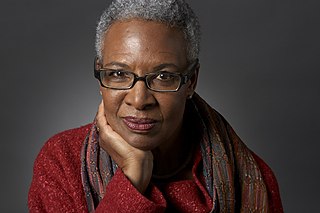A Quote by Melissa Harris-Perry
I don't know what people mean when they ask me whether I'm embracing my whiteness. Whiteness is ubiquitous.
Related Quotes
The areas in which I teach are working-class history and African-American Studies and at its best the critical study of whiteness often grows out of those areas. The critical examination of whiteness, academic and not, simply involves the effort to break through the illusion that whiteness is natural, biological, normal, and not crying out for explanation.
For radical white writers wishing to forge interracial movements of poor and working people, whiteness has also long been a problem, with Alexander Saxton and Ted Allen making especially full efforts to understand whiteness in order to disillusion whites unable to see past the value of their own skins.
Instead of accepting what James Baldwin called the "lie of whiteness," many people in lots of different fields and movement activities have tried to productively make it into a problem. When did (some) people come to define themselves as white? In what conditions? How does the lie of whiteness get reproduced? What are its costs politically, morally and culturally?
I believe that also it should be stressed and made clear that our antagonistic position is not to say "I don't like whites" for the simple fact of not liking white people. It's like, our fight is not against the white person per se, but against the exercises of white supremacy and the form in which whiteness and the politics of whiteness operates.
In some ways Jews and the various largely Catholic and often poor European immigrant groups were "white," as the historian Tom Guglielmo has recently put it, "on arrival." Where naturalization law was concerned, for example, ample precedents recognized their ability to become citizens, a right explicitly resting on their "whiteness." But they also remained, as Working toward Whiteness puts it, "on trial" for a harrowingly long time.

































